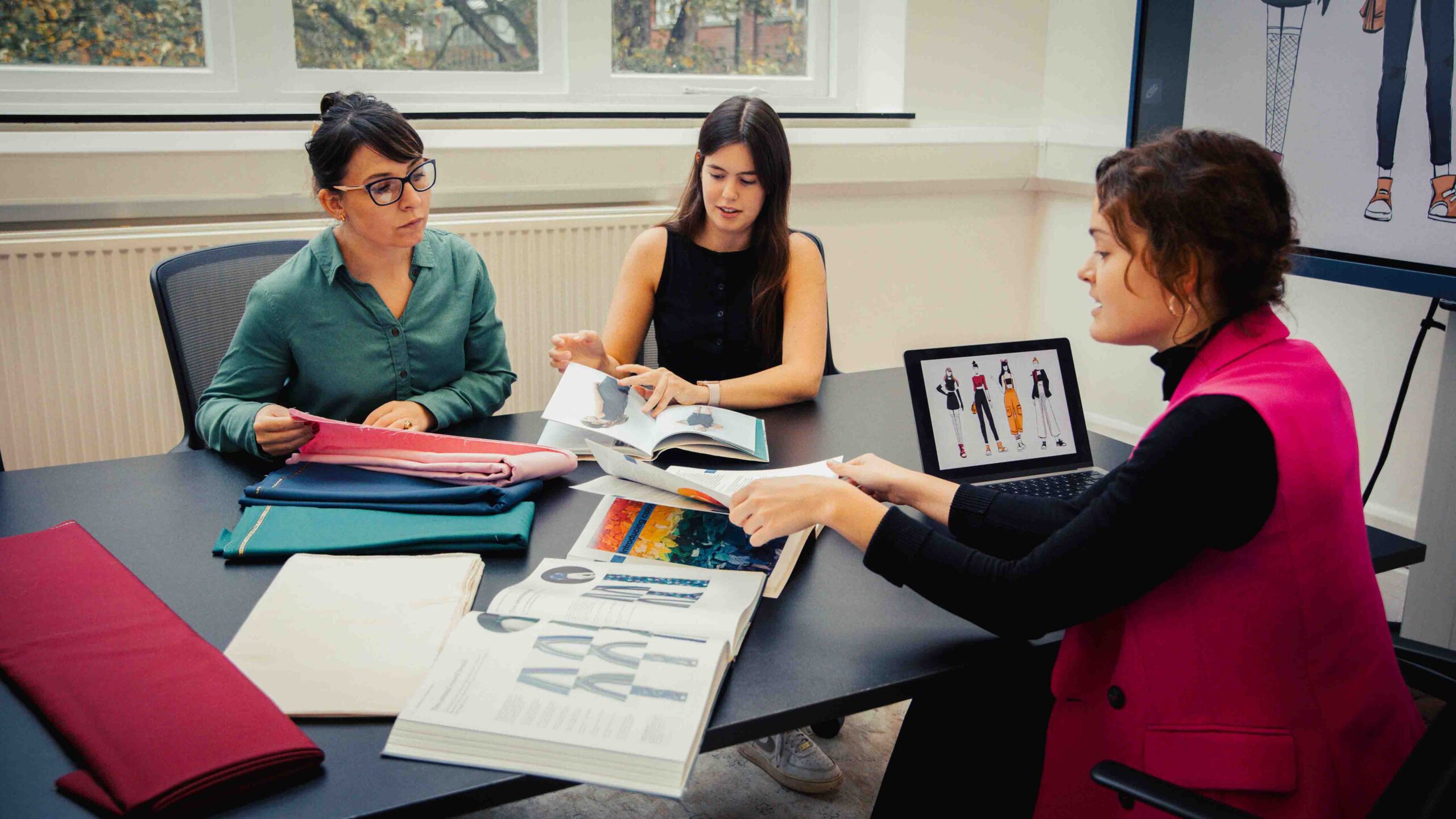In an era of rapid transformation, the fashion industry faces unprecedented challenges and opportunities driven by sustainability, technology, and shifting social values. This course explores how innovative fashion design practice can drive positive change, enabling designers to respond to complex global and local issues with creativity and critical thinking. Learners will examine the interconnected impacts of design decisions across environmental, cultural, and economic domains, gaining a deeper understanding of how responsible design can shape the future of fashion. Through applied research, experimentation, and reflection, participants will be encouraged to evaluate the evolving fashion landscape and explore the role of design and innovation in addressing current challenges.
Through structured learning and practical application, participants will investigate the intersection of design, technology, environment, and society. The course introduces key concepts such as circular design, biomimicry, zero-waste methods, and regenerative production approaches, alongside an exploration of emerging digital tools, including 3D printing, smart textiles, and artificial intelligence. Building on these technical and creative foundations, learners will also engage with the social and cultural dimensions of fashion, examining inclusivity, diversity, decolonial design, and globalisation. By adopting systems thinking, they will learn to view fashion as part of a wider network of interdependent systems, exploring where leverage points for innovative interventions have the potential to create long-term positive impact.
Participants will develop the knowledge, practical skills, and critical perspective needed to approach fashion design thoughtfully and responsibly. The course supports learners in exploring innovative approaches, integrating sustainability into their practice, and helping make informed design decisions that consider social, cultural, and environmental impacts.





